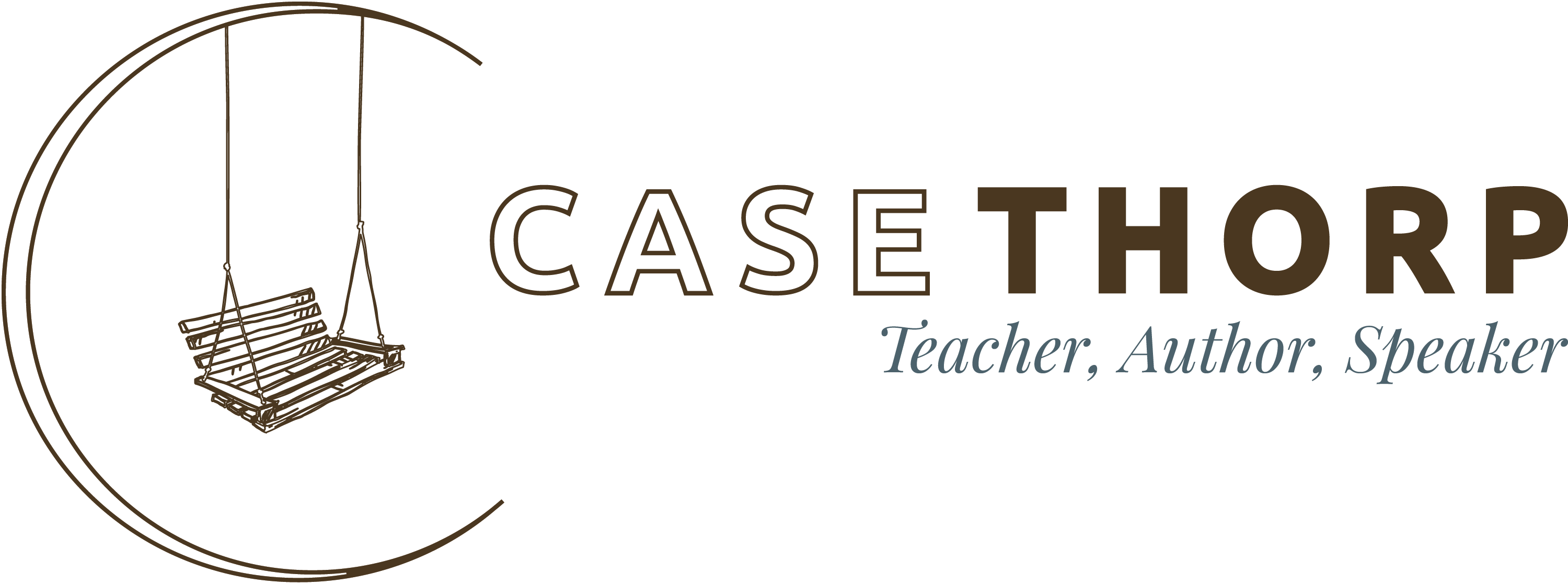The recent opening of the Museum of the Bible in Washington, D.C. brings great attention to this central book for two major faiths: Judaism and Christianity. Wisely, the museum attempts to explain the book itself through its history, impact, and narrative. Dogmatic attempts to explain and apply the meaning of the Bible are carefully avoided;, some Christians have even suggested the crucifixion and teachings of Jesus are downplayed. However, when it comes to faith and work, the museum displays an enterprising interpretation firmly rooted in the thought of both Judaism and Calvinism.
In an exhibit entitled, “It’s Complicated: the Bible’s Impact”, an area is dedicated to the Biblical notion of work. One is greeted on a large panel by this quote from Rabbi Lord Jonathan Sacks,
“The market economy is deeply congruent with the values set out in the Hebrew Bible. Material prosperity is a divine blessing. Poverty crushes the spirit as well as the body, and its alleviation is a sacred task. Work is a noble calling.”
Next to the introductory panel are six uniforms representing six different vocations: a firefighter’s uniform, a pastor’s Geneva gown, a waiter’s jacket-less tux, a doctor’s white lab coat, a dark, pinstriped banker’s suit with red tie, and a dress crafted by a fashion designer. Just in front of each vocational costume is a flat screen panel ; a touch of the screen, and the person on the screen begins to tell their story, their story of how their faith gleaned from the Bible supports their work.
The museum claims to avoid any dogmatic presentations concerning the Bible. An early draft of the museum’s mission statement included the statement, “inspire confidence in the absolute authority of the Bible.” Yet, the board eliminated the phrase to set the museum’s mission towards a broader goal and larger audience.
Avoiding dogmatic statements is a tricky thing in and of itself. Such an endeavor is actually impossible when it comes to religious texts of any sort. The simple assumption behind the museum, that the Bible presents one coherent narrative of historical fact, is a statement itself. As it pertains to work, the display may be from a dogmatic vantage point agreeable with this author, but a specific interpretive vantage point, nonetheless.
Museum curators choice of Sacks’ quote sets a tone and makes a statement about the intersection of market economies and the Bible. Curators offer a Calvinistic vision for work from the Bible, and connection it to Orthodox rabbi, Jonathan Sacks, for greater appeal. Stating that the Bible is “deeply congruent” is certainly not what one might hear from a Roman Catholic leader in the liberation theology movement of South America, Russian Orthodox bishops, or the Chinese Patriotic Catholic Association.
The panel displays another paragraph in the voice of a (not-so) dogmatically neutral narrator:
The Bible and its ideals of the dignity of work and serving others help inform the working lives of many. Whether inspiration for business, public service, or entrepreneurship, biblical teachings recognize the value of work and honor the time, talent, and devotion it demands. The Bible’s impact can be found in the testimony of workers from every walk of life.
Dorothy Day would agree. Pope Francis? As Arthur Brooks of the American Enterprise Institute said, “Pope Francis has been to America once, and it was as pope. If I had grown up only knowing the ill effects of capitalism in a country like Argentina, I, too, might have a dim view of enterprise.”
One last example. The touch screen in front of the banker’s suit contains three videos with the title: “Bible Based Companies”. Something using the term “Bible-based” is likely to come from the American Protestant tradition, and sure enough, the three stories do.
In a speech to the National Bible Association, museum founder and collection owner, Steve Green, said, “[The Bible] tells us how we should live, and if we can encourage a skeptical world to reconsider a book that can change our world, that’s an exciting journey that we’re on.” As for this author, march on, MOB, march on.
This post originally appeared on The Green Room Blog.
